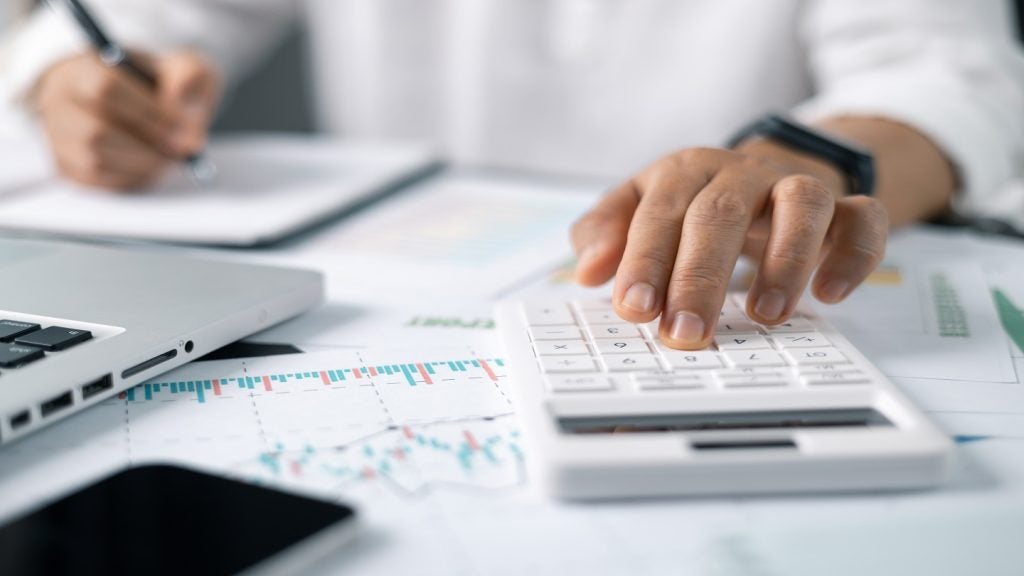
The second ‘payments on account’ deadline is July 31st. With less than two weeks to go, HW Fisher tax partner, Stevie Heafford, explains what payments on account are and who needs to pay them.
Heafford said: “The payments on account scheme is designed to help people better manage the cost of their tax bill by splitting the amount into two payments and spreading the payments across the year. However, missing the deadline can be a costly mistake to make.
How well do you really know your competitors?
Access the most comprehensive Company Profiles on the market, powered by GlobalData. Save hours of research. Gain competitive edge.

Thank you!
Your download email will arrive shortly
Not ready to buy yet? Download a free sample
We are confident about the unique quality of our Company Profiles. However, we want you to make the most beneficial decision for your business, so we offer a free sample that you can download by submitting the below form
By GlobalData“Fortunately, there are still two weeks to go until the second payment on account is due, giving people plenty of time to work out what they owe and make the necessary payment. Don’t forget to remind your friends and family about this important deadline!”
What are ‘payments on account’?
‘Payments on account’ are advance payments towards your tax bill. This includes Class 4 National Insurance for those who are self-employed. You must make two payments on account each year. These are calculated using your tax bill from the previous tax year. The first payment was due on January 31st and the second payment is due by midnight on July 31st.
If, when you have filed your self- assessment tax return for the year, your payments on account do not fully cover the tax liability then you will need to make a “balancing payment” by 31 January following the end of the tax year in question – for 2023/2024, this will be 31 January 2025. If, conversely, the payments on account are more than the tax liability, a refund will be made.
Does this deadline apply to you?
The deadline applies to all those who are self-employed unless:
- You owe £1,000 or less as this can be made in a single payment on the first return
- You have already paid more than 80% of the tax you owe
How to reduce your payments on account
If you know that your next tax bill will be less than your previous tax bill, you can contact HMRC to reduce the amount that you pay.
There are three ways to do this. You can either:
- Speak to your accountant as they will likely have agent authority and be able to reduce your payment on account on your behalf
- Complete a SA303 form and post it to the tax office
- Sign into your online Personal Tax account and complete the necessary steps to reduce the payments on account
It is important to note that, if you reduce your payments on account to below what they should be, interest will be charged on the deficit.
What happens if you miss the deadline?
If you miss the deadline, you will be charged late payment interest. This currently stands at 7.75%, making it even more important to file your return on time. Penalties can also be applied to late payments on account.
If you can’t make the payment, you should get in touch with HMRC as soon as possible to try to set up a Time to Pay arrangement.







